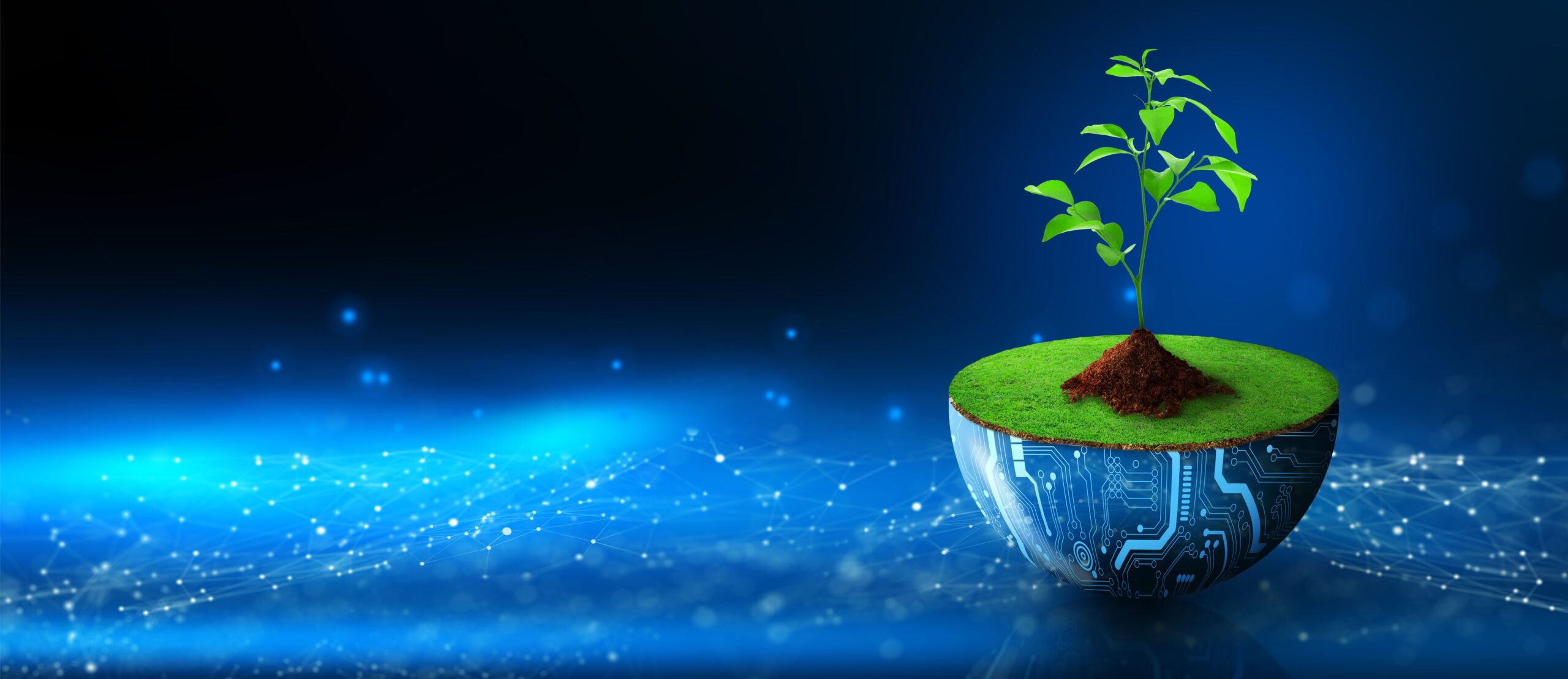
Data Science and Simulation
Hydroinformatics
Hydroinformatics is an interdisciplinary subject that uses simulations, data science, and decision-making systems to develop innovative schemes for effectively, sustainably and equitably managing water in various scenarios.
ICCW plans to collect data on water quality across India and apply data science, machine learning, and simulation methods to derive meaningful information and make predictive insights to guide decision-making and management strategies.
The centre is conducting a comparative study of the various open-source and commercial software platforms available for water management. The information from this project will be used for research and implementation. In this context, we participate in and conduct training sessions on hydrological modelling.
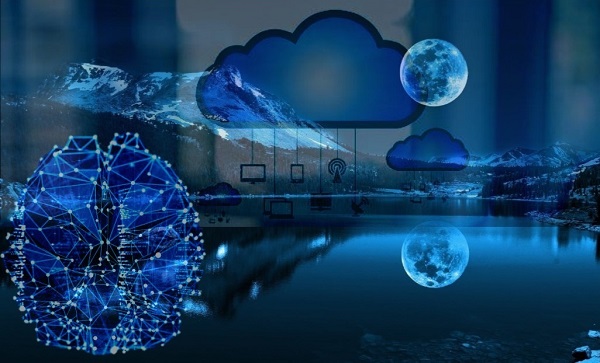
Internal capabilities in water quality analysis, sensors for water quality and quantity, control systems, design and implementation of water purification systems, computer simulations, involvement in policy initiatives, etc., will be integrated here.
We provide services and conduct research in many areas of hydroinformatics.
The Topics Include
- Water quality and quantity data acquisition, storage, and analytics.
- Smartphone-based apps for water quality monitoring and cloud databases.
- Water usage and availability patterns
- Data-driven-decision making throughout the water-supply chain.
- Distribution network optimization and leakage detection.
- Machine-learning models to identify patterns and trends in different types of water data, eg. patterns of consumption, water-quality parameters, etc.
- Precision farming and irrigation
- Flood and drought forecasting
- Watershed management and hydrological modelling in the water sector.
- Watershed management using remote sensing and GIS
- Hydrogeological and hydrochemical databases.
- Groundwater flow simulation in aquifers and aquifer recharges and solute processes.
- Simulation of the impact of different water management interventions such as rainwater harvesting and aquifer recharge schemes.
- Predicting the spatial distribution of anthropogenic or geogenic contaminant concentration.
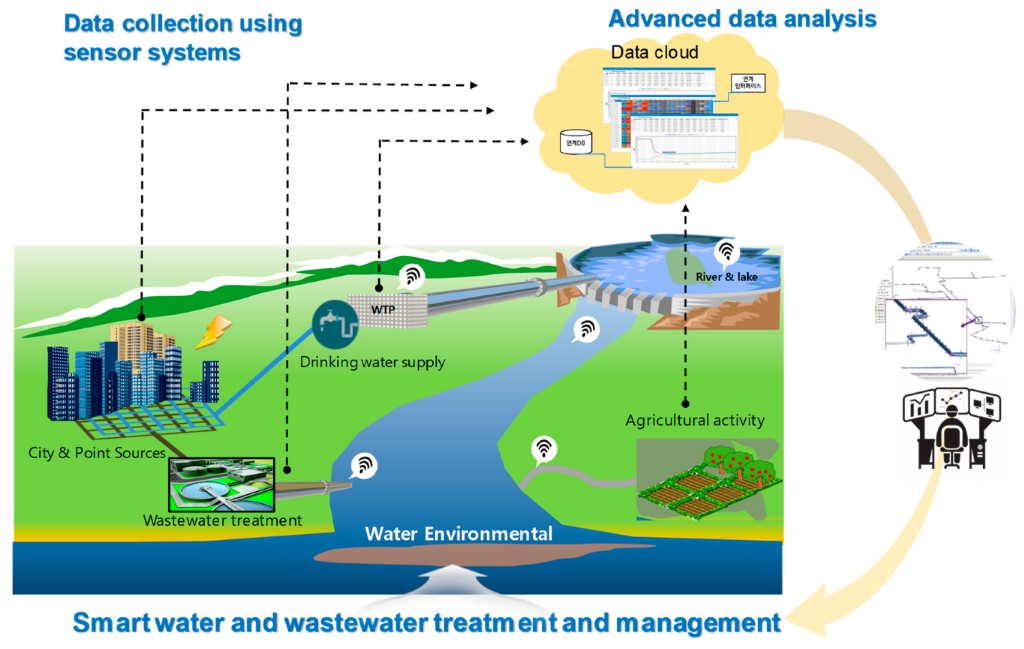
Data Analytics in Water and Smart Water Management
Data on diverse aspects of water from village level, district level and state level can be collected, managed and processed using analytics. This information helps to create a water-literate society.
For instance, using sensors, data from various water sources including end-users, water purification plants, wastewater treatment plants, sewage treatment plants, can be obtained and can be monitored for quality and quantity in real-time. A comprehensive solution can provide water data for the entire country including water consumption, water wastage, water quality, water-based diseases and so on. Solutions to monitor water leakages, water-quality-based health issues, water planning and management, etc., can be developed with such information.
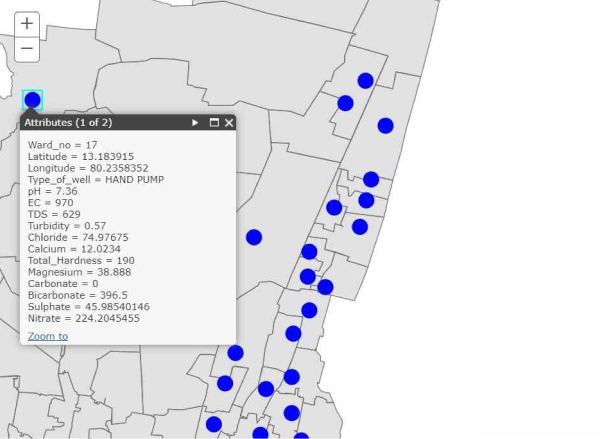
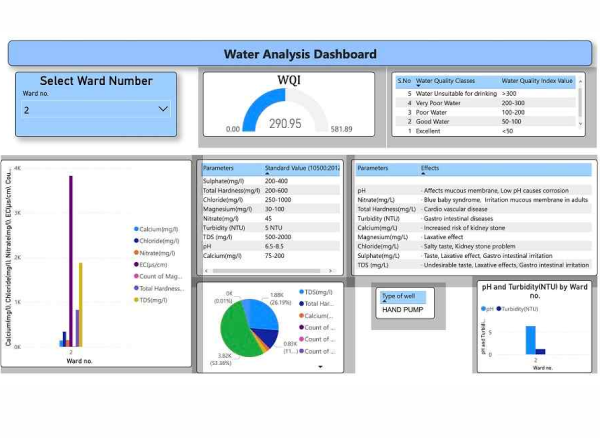
Ward-wise geospatial mapping of water sources in Chennai and water-quality dashboard using hydroinformatics.
Raw data figures Prof. K. Ravichandran, A. Abdul Wahid, and M. R. Kalaivanan, Anna University.
